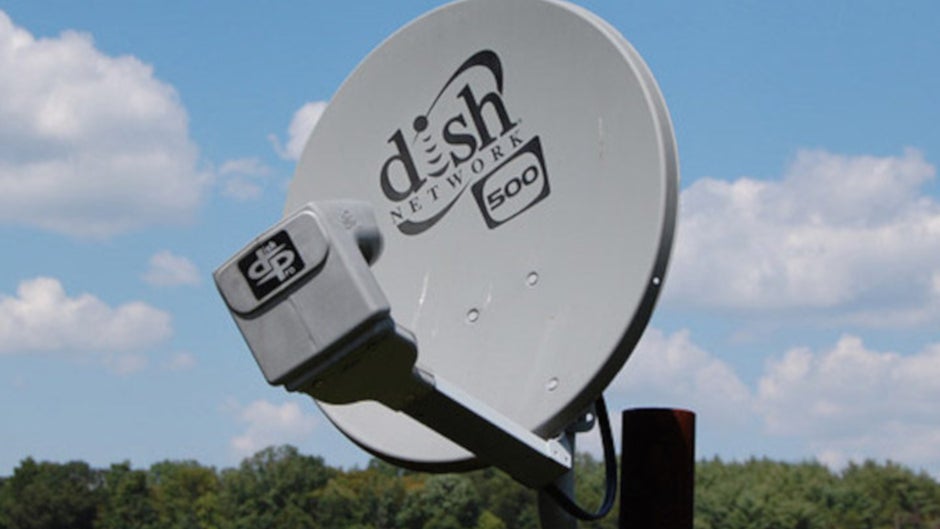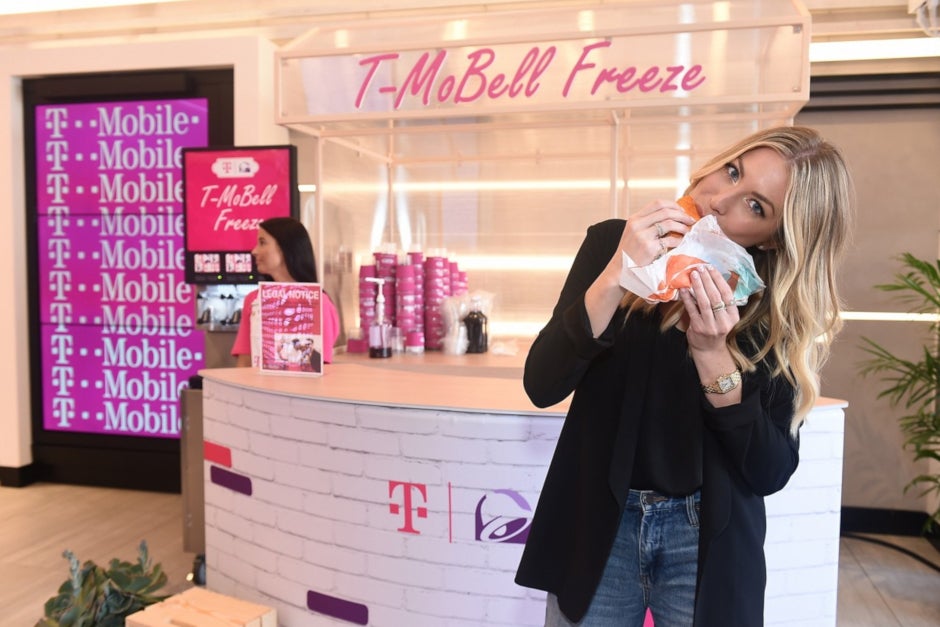Dish Chairman Ergen calls T-Mobile anticompetitive

According to Fierce Wireless, T-Mobile's plan to shut its legacy 3G network could play havoc with Dish Network. Part of the deal made between T-Mobile and Dish that was done to gain FCC approval for the former's merger with Sprint allowed Dish to start selling wireless service through an MVNO agreement with T-Mobile. The deal, which runs for seven years, is an important one for Dish because it can start developing a wireless brand, start to create loyal customers, and collect revenue even without its own wireless network.
An MVNO is a Mobile Virtual Network Operator and in the case of Dish, it buys wireless service from T-Mobile at a low price, and sells it to the public at a higher price. Dish purchased pre-paid carrier Boost Mobile from T-Mobile/Sprint as part of the agreement with the FCC. The purchase price was $1.4 billion and was followed up with the purchase of Ting Mobile and its 200,000 subscribers. As of the end of last year, Dish had 9.055 million wireless subscribers. That was after a loss of 212,000 wireless customers in Q3 and 363,000 in Q4. Churn during the fourth quarter was 4.88%
Dish Chairman Ergen calls T-Mobile anticompetitive
Dish said in a recent filing with the SEC that it is trying to turn a profit with customers who use a lot of data. With a regular MNO (Mobile Network Operator), which is a company that owns everything it needs to deliver wireless service to consumers, it is easier to make money on these data-gobbling users. But under the economics of an MVNO, these subscribers may not be profitable. Analysts at MoffettNathanson say that Dish is following a process that it used for its pay-TV business. This involves generating cash in the short term by cutting costs and reducing subscriber acquisitions.

T-Mobile says that it will shut its legacy 3G CDMA network on or around January 1st, 2022
In a note to investors, Craig Moffet wrote, "It is perhaps the best available strategy for businesses that are in inevitable decline, and it certainly maximizes short term cash generation… but it obviously isn’t sustainable for long." The note also stated that Dish lost 3.9% of its wireless subscribers in the fourth quarter and "means that they now have lost 6.1% of their subscribers in just six months; their annualized rate of decline is in the mid-teens." That obviously portends bad times ahead for Dish.
More subscriber losses are coming mostly because of T-Mobile. Dish received notice from the country's second largest carrier that it will shut down its legacy 3G CDMA network on or around January 1st, 2022. A majority of Dish's retail wireless customers use this network and the shut down will force them to get a new SIM card, buy a new device, or install a software update. In the SEC filing, Dish says, "These required measures would cause a significant disruption to our Retail Wireless subscriber base which could result in, among other things, a significant increase in our churn rate. Additionally, we would expect to incur substantial costs to implement these measures, and we may be unable to effectively implement them, such as the procurement of an adequate number of replacement devices in a timely fashion. As a result, there can be no assurance that these measures would be successful in reducing or controlling subscriber churn."
While Moffet says, "Unfortunately, the revelation about having to migrate its customers off CDMA so quickly suggests a very challenging year ahead, both for subscribership and for costs," Dish points out that is had an improved margin rate in the fourth quarter at 16.3%. The satellite television content provider said that if it tries to mitigate subscribers off of T-Mobile's 3G network and the latter decides to delay the shutdown of the legacy network, it will create confusion and unrest among Dish's subscriber base. And as Moffet points out, "The business is already shrinking, and quite rapidly so."
Dish Chairman Charles Ergen blames T-Mobile for shutting its legacy 3G CDMA network. Ergen called the move "anticompetitive" as it could lead those affected to switch to T-Mobile.
Follow us on Google News














Things that are NOT allowed:
To help keep our community safe and free from spam, we apply temporary limits to newly created accounts: